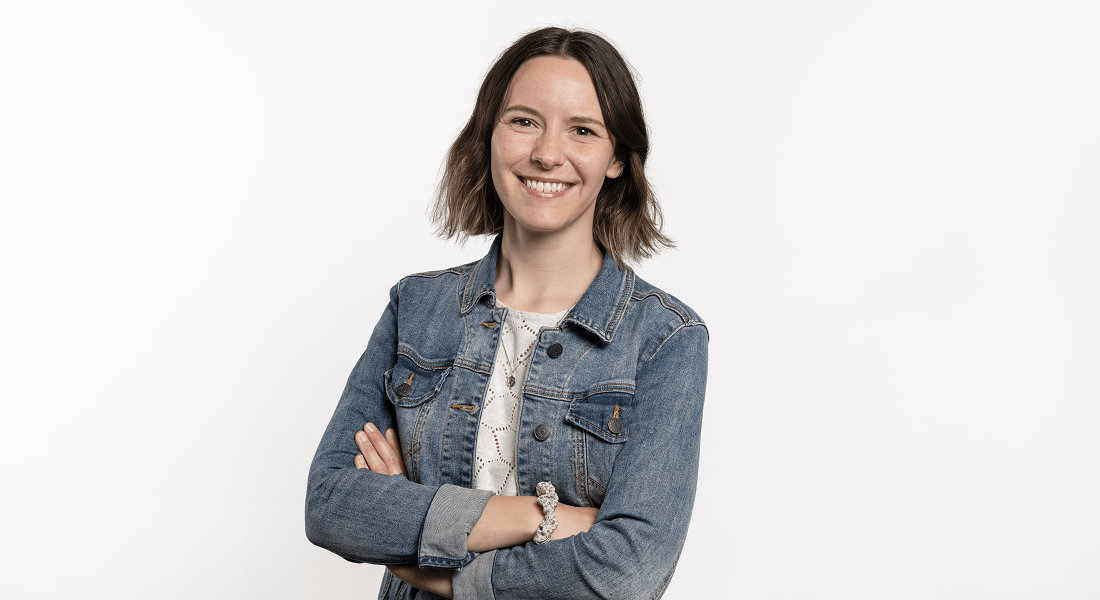Read more and apply here.
Kirstine Lund Christiansen

Meet PhD student Kirstine Lund Christiansen and read about her work, its impact and her drive as a researcher.
Kirstine has an MSc in Environmental Studies and Sustainability Science from Lund University and is currently doing her PhD in the Section for Global Development here at the Department of Food and Resource Economics.
What is your research about?
In my research, I explore how the growing movement around corporate net-zero emissions pledges is renewing interest in carbon offsetting through nature-based projects. The voluntary carbon market, where carbon offsets are sold, has been criticized for decades, yet various private companies and initiatives are suggesting ways to reform the market through greater quality standards and applications of technologies such as satellite imagery, AI and blockchain. In my research, I explore the opportunities and limits to reforming this market, asking broad questions about what visions for the future are gaining support and which may be overlooked. I do this by building on interdisciplinary research traditions such as science and technology studies, critical political economy and political ecology.
Why is your research important?
The carbon markets are growing and changing fast in these years, and a lot of political and financial interests are shaping the market. Simultaneously, a lot of claims and expectations are made on nature and ecosystems to compensate for continued emissions under the guise of net-zero terminology. Today, companies can largely claim to be climate conscious without making plans for deep decarbonization of their production, instead relying on buying carbon offsets from forests or other nature-based projects. But in doing so, we leave many important political questions for the market to decide, for example, whether those emissions are necessary or what will happen if the forest burns down later. I believe it is vital that critical scholarship explores the developments of market agendas and help to enable a broader societal debate on what kind of futures we want to see. Essentially, I hope that my research can help spark such discussions.
What excites you most about your work as a PhD student at IFRO?
Being able to deep-dive into questions and literatures that I find exciting is a huge motivation for me. In what other job do you get to spend days reading into topics you are passionate about, discuss them with colleagues, and, hopefully, contribute to our collective progression of knowledge? On a less philosophical note, I greatly value the community of researchers I have found at IFRO and beyond. Whether it is discussing lofty ideas for new research, giving and receiving feedback on draft papers, or just sharing the ups and downs of research life while getting coffee, the collegial community is invaluable.
What drives you as a researcher?
A hopefully healthy balance between academic curiosity and societal indignation. The ecological crises are here, and we are not doing enough to respond to them. My drive stems from using my academic curiosity to try to understand why we are not doing enough and then, hopefully, contribute to change. Concretely, it gives me renewed energy when I get to share and discuss my research with others, whether it is students, civil society organizations, or the occasional journalist. Getting the feeling that what you do can make a difference, even if small, is the biggest motivation.
Check out Kirstine's research profile here.
